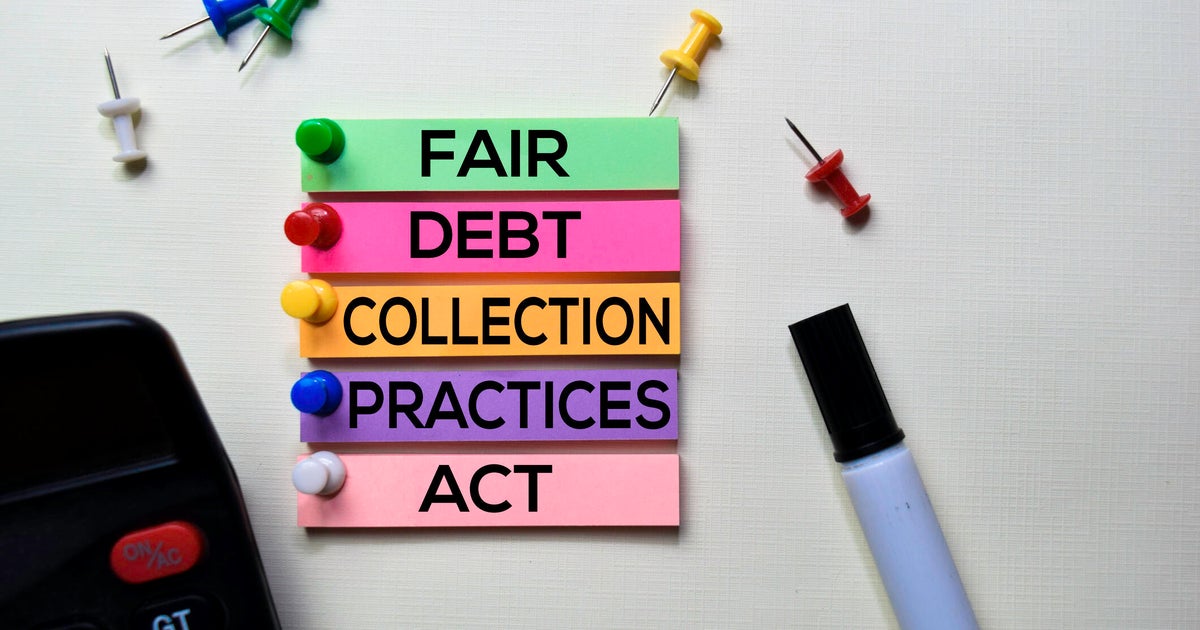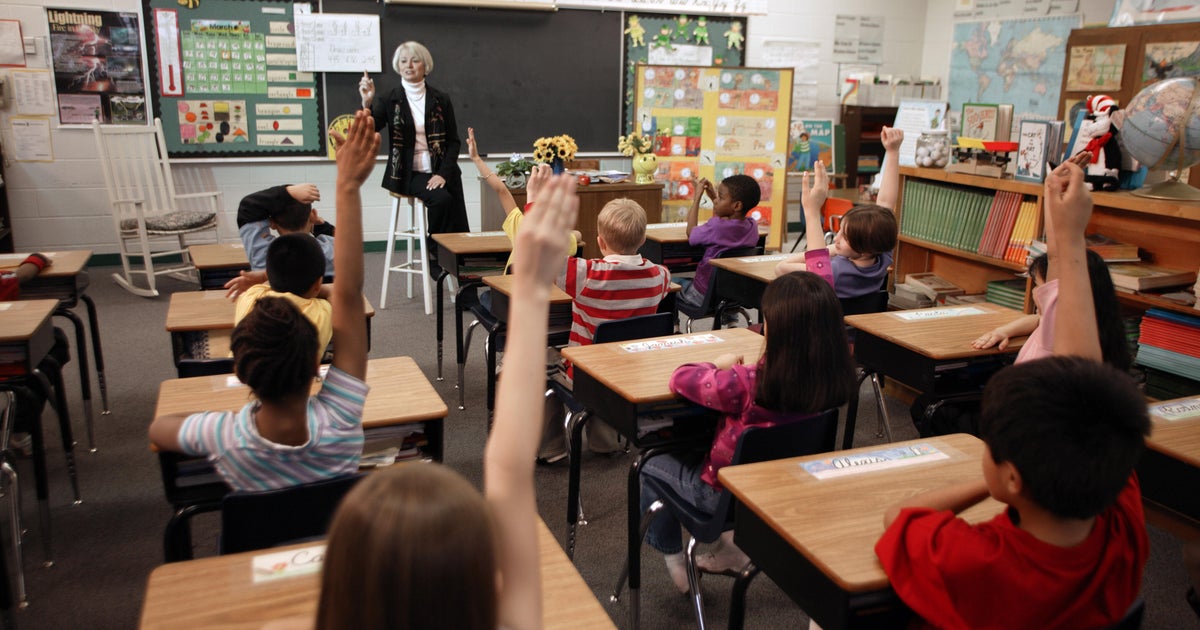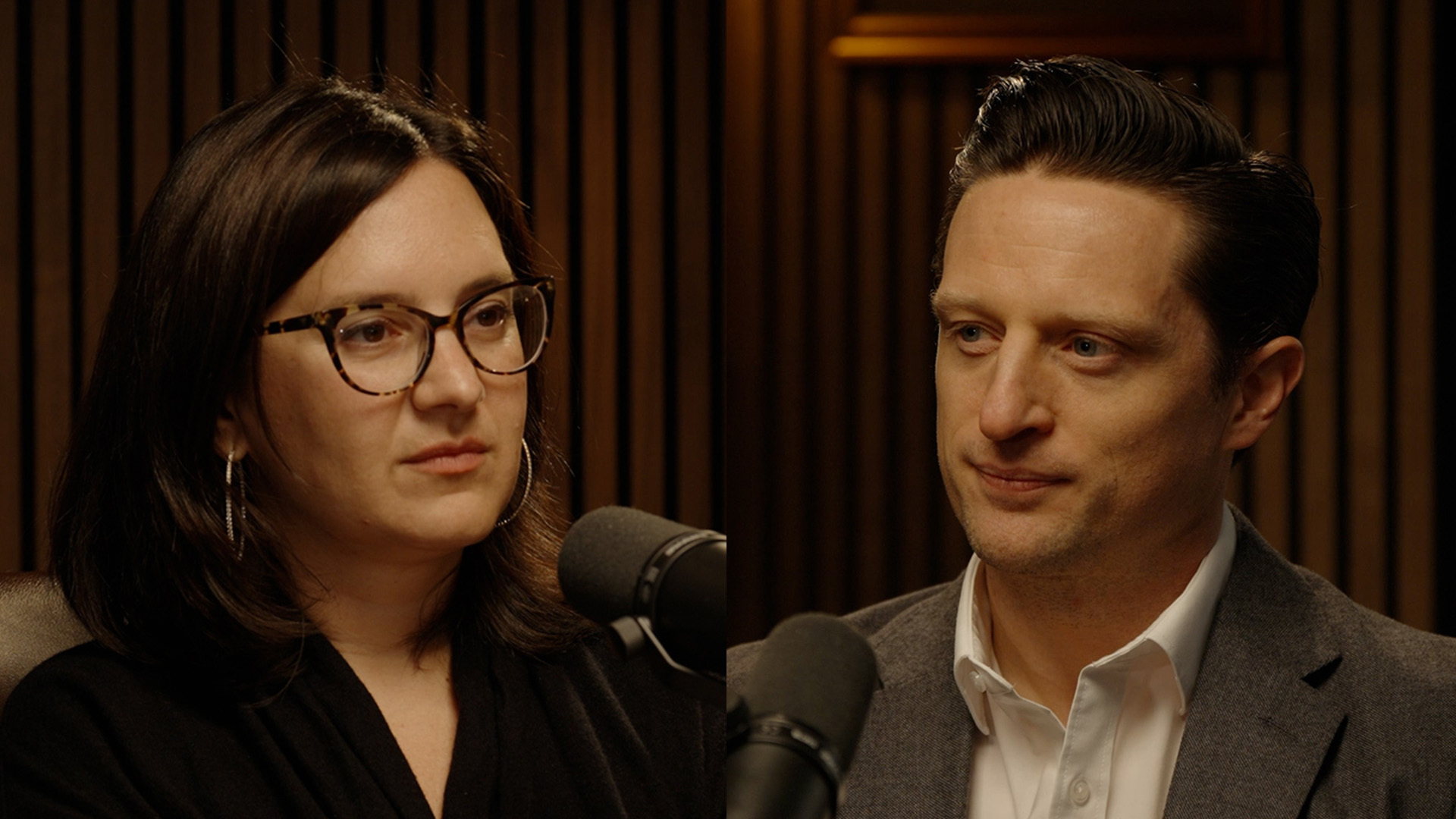Study: For-profit college students twice as likely to default
A new federal study may raises more questions about for-profit colleges, with the research finding sharply higher default rates for their students.
Students who attended for-profit colleges were twice as likely or more to default on their loans than students who attended public educational institutions, according to the federal study published Wednesday.
The report by the National Center of Education Statistics looks at students who began their undergraduate education in 2003 and defaulted on at least one loan over the next 12 years. Fifty-two percent of the students who attended for-profit schools defaulted on their loan. That's compared to 17 percent for those who attended a four-year public institution and 26 percent at community college.
The report also finds that the for-profit students defaulted on their federal student loans in greater numbers than their predecessors eight years before.
The report comes as Education Secretary Betsy DeVos rewrites rules that had been put in place by the Obama administration to protect students who said they were defrauded by their for-profit colleges.
The study also found that this group of students is defaulting on their federal student loans in greater numbers than their predecessors eight years before.
Of the students who started college in 2003, 27 percent had defaulted on at least one loan after 12 years, the study found. For those who started their undergraduate education in 1995, the default rate was 18 percent. The rate of full repayment was 20 percent in the younger group, compared to 24 in the older group.
Robert Kelchen, a professor of education at Seton Hall University, suggested that the higher rate among the 2003 freshmen might be due to them entering the labor market at the height of the Great Recession.
Default rates were higher for those students who never completed their education, the study said. "Degree completion is a key component of a student's ability to repay their loan," said Joshua Goodman, a professor of public policy at Harvard University. "Simply attending college without completion doesn't really pay off."
Among borrowers in the 2003 group, the median amount owed after 12 years was $3,700 for those who earned undergraduate certificates, $11,700 for students getting associate's degrees and $13,800 for bachelor's degrees or higher.



